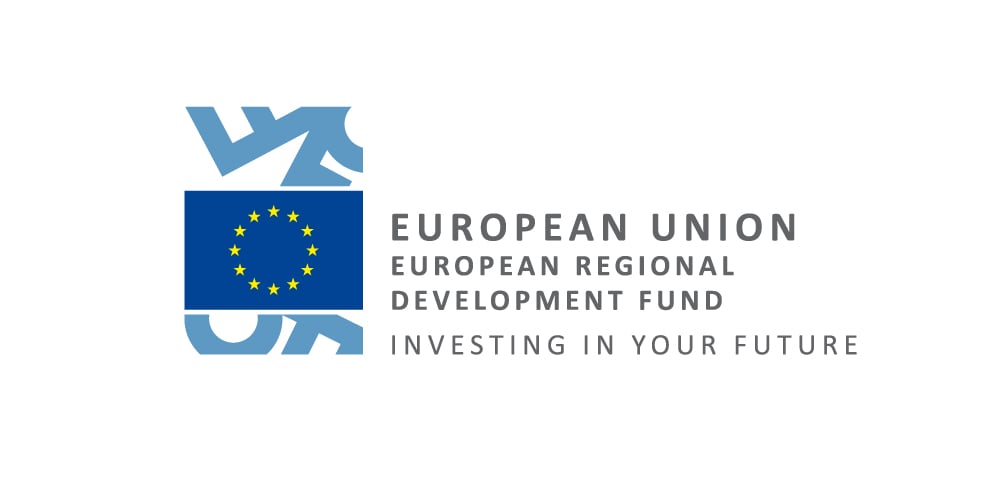How Words Come, Go, and Change Our World
Language is alive. It breathes, grows, and changes every single day. Words that sounded modern yesterday might feel outdated today. New expressions pop up overnight, while others quietly disappear. But why does this happen? And what does it mean for the way we communicate – privately, professionally, and globally?
1. Language as a Mirror of Society
Language is deeply tied to culture and society. Whenever the world changes, language naturally follows. New technologies, cultural movements, political debates, or pop culture all leave their mark on the words we use.
Example:
Twenty years ago, hardly anyone knew what a podcast was. Today, it’s a daily companion for millions. The same goes for selfie, a word born with smartphones and social media.
Language constantly evolves to describe new realities.
2. Technology as a Language Driver
One of the most powerful engines of language change is technology. Especially in the past two decades, digitalization and social media have reshaped vocabularies worldwide.
- to google – a verb everyone knows.
- to like – borrowed straight from social media.
- to swipe – familiar to anyone with a smartphone or dating app.
- hashtag – once meaningless, now a digital icon.
Most of these words originated in English, but they’ve been adopted across the globe. The trend is clear: rather than translating, many cultures simply import the words directly.
3. Social Change Shapes Words
Language isn’t only shaped by technology. Social movements also leave lasting marks on how we speak. Equality, diversity, climate change, and cultural debates bring whole new vocabularies into play.
Examples include:
- carbon-neutral, Fridays for Future, greenwashing – all linked to the environmental movement.
- gendering, diverse, non-binary – reflecting changes in how we see identity.
- cancel culture, woke – buzzwords that spread far beyond their origins.
These words are not neutral; they carry values, worldviews, and debates within them.
4. Language Change Can Confuse – and Amuse
Not everyone embraces new words easily. Older generations often resist slang or borrowed terms, which can lead to misunderstandings – or funny situations.
Take the German word Handy: in English it simply means “convenient,” but in Germany it became the standard word for “mobile phone.”
Or the word mouse: once only describing the small furry animal, it’s now just as likely to mean the device on your desk.
Such shifts show how playful and unpredictable language change can be.
5. Words That Disappear – Language Has a Past Too
It’s not only about new words entering the vocabulary. Old ones fade away when the realities they describe disappear. Who still talks about cassettes, telegrams, or typewriters?
But sometimes, forgotten words return – often as retro trends. Vinyl and Polaroid are good examples. Language never truly erases; it layers.
6. Globalization and the Rise of English
Globalization has accelerated language change like never before. English has become the world’s lingua franca – the go-to bridge language.
As a result, many English terms are used internationally without translation.
Examples include:
- job instead of “position”
- meeting instead of “gathering”
- startup instead of “new company”
While some see this as a natural part of global communication, others worry about losing linguistic diversity. But one thing is certain: English dominates the global exchange of ideas.
7. Why Companies Need to Keep Up
For businesses, language change is both a challenge and an opportunity. International communication requires more than just the right vocabulary – it requires the right tone at the right time.
A phrase that feels modern today can be outdated, irrelevant, or even problematic tomorrow. Take the gender debate, for example. Many brands have adapted to gender-neutral language, while others haven’t – and risk being seen as old-fashioned or out of touch.
This is where translation and localization become crucial.
It’s not enough to simply translate words. Companies need translations that carry the cultural and emotional meaning as well.
8. Why Professional Translation Matters More Than Ever
Machine translation tools like Google Translate are convenient, but they fall short when dealing with new words, idioms, or culturally loaded terms.
Example: the English word woke. A machine might translate it literally as “awake,” missing the deeper social and cultural meaning entirely.
Professional translators, on the other hand, consider not just language but also context. They decide when to borrow a term, when to translate it, and when to adapt it for a different culture.
In an era of rapid language change, that human judgment is irreplaceable.
9. The Beauty of Language in Transition
Language change can feel chaotic, but it’s also proof of how alive communication is. Words tell us stories about innovation, identity, and culture. They remind us that we are never done shaping the way we speak.
For individuals, it means staying curious and adaptable.
For companies, it means paying attention to how target audiences actually talk.
And for translation agencies like Leemeta, it means staying one step ahead – ensuring that words don’t just translate, but truly connect.
Language is never finished. It constantly evolves alongside the world we live in. New words emerge, old ones fade, and meanings shift. Far from being a problem, this evolution is what keeps language exciting and alive.












